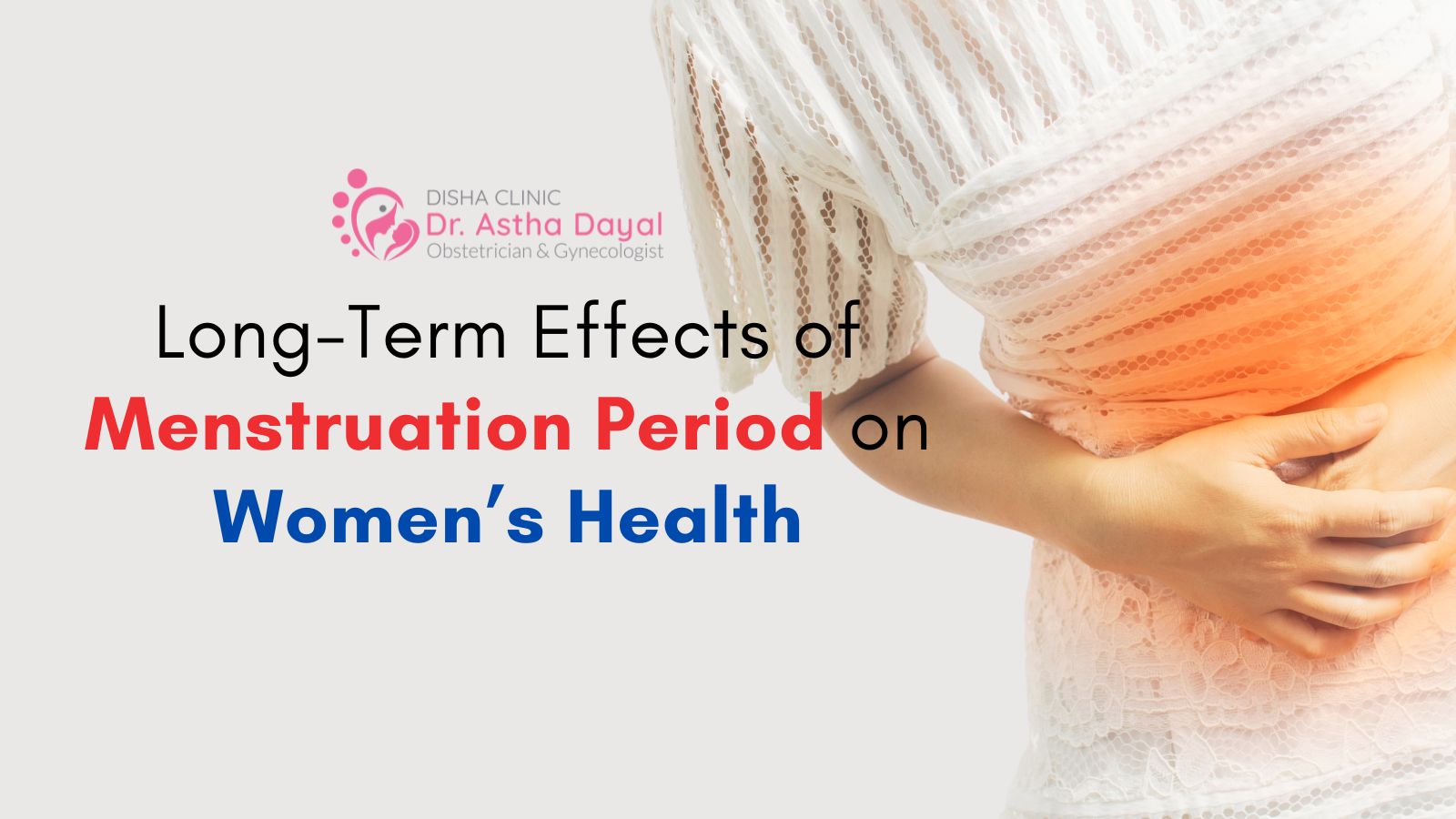A woman’s menstrual cycle is a normal and natural aspect of her reproductive cycle. Although it’s a normal and healthy process, it’s vital to remember that everyone’s experience is different and that some women may have specific difficulties or health problems associated with their menstrual cycle.
About 15–90% of women experience pain to the point where it lowers their quality of life. Dr. Astha Dayal, Lead Consultant, Obstetrics and Gynecology, CK Birla Hospital, Gurugram, stated that it can be linked to exhaustion, emotional disturbance, abdominal distension, nausea, vomiting, and sleep difficulties.
Some key facts you should know about Menstruation Period;
• A natural aspect of the female reproductive cycle is the menstrual cycle.
• Although it can vary, the menstrual cycle usually lasts for 28 days.
• Menstruation, which happens when a woman is not pregnant, is the endometrium (uterine lining) shedding.
• The average age of menstruation is approximately 12, and it typically starts between the ages of 9 and 16.
• A woman typically experiences menstruation for seven years of her life.
• 2.3 billion people worldwide lack access to basic sanitation facilities, and just 27% of people live in least developed countries where there is a sink for washing hands with soap and water. When these essential amenities are not available at home, managing menstruation is a significant burden for mothers and teenage girls.
Here are some potential long-term effects and considerations:
Reproductive Health:
Fertility: A regular menstrual cycle is a sign of healthy reproductive systems. Period irregularities can occasionally indicate underlying problems with fertility.
Bone Health:
According to some research, hormonal imbalances may put women who have irregular or nonexistent periods at risk for osteoporosis and bone loss.
Cardiovascular Health:
The cardiovascular system may be affected in several ways by the hormonal changes that occur during the menstrual cycle. According to certain research, postmenopausal women may be more likely to have heart disease than premenopausal women.
Anemia:
Over time, iron-deficiency anemia may result from heavy monthly bleeding (menorrhagia), particularly if the iron loss is not sufficiently offset by food or supplementation.
Mental Health:
Emotional health and mood can be impacted by hormonal fluctuations that occur during the menstrual cycle. Premenstrual syndrome (PMS) or a more severe form of premenstrual dysphoric disorder (PMDD) might affect some women.
Endometriosis:
Endometriosis is a condition in which the tissue that lines the interior of the uterus develops outside of the uterus. This can be painful and lead to fertility problems. For some women, it is a long-term issue.
Polycystic Ovary Syndrome (PCOS):
PCOS is a hormonal illness that can have an impact on menstruation, fertility, and overall health. It may contribute to insulin resistance, diabetes, and cardiovascular problems in the long run.
Breast Health:
The menstrual cycle’s hormonal variations may have an impact on breast health. Regular breast self-examinations and screenings are critical for detecting any abnormalities early.
Migraines:
Menstrual migraines, or headaches associated with the menstrual cycle, can occur in certain women. These can be long-term issues for those who are impacted.
Premenstrual Syndrome (PMS) :
Premenstrual Syndrome (PMS) : According to a Dr Astha Dayal, “PMS, or premenstrual syndrome, is a condition where physical symptoms like bloating, weight gain, nausea, acidity, breast pain, migraine, and emotional symptoms like anxiety and depression happen 1-2 weeks before the period and resolve after periods.”
Conclusion:
While menstruation is a natural process, several disorders associated with the menstrual cycle may necessitate medical treatment.
As a gynecologist, I recommend that you go for regular gynecological check-ups, live a healthy lifestyle, and discuss any concerns with your doctor, which can all help women’s health in the long run.



